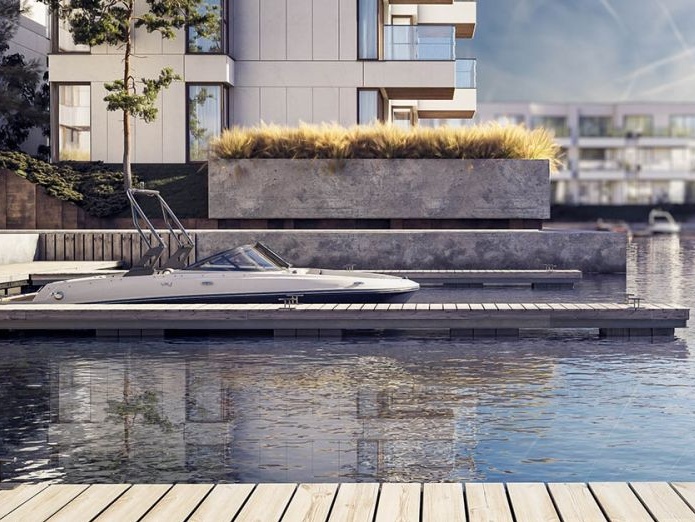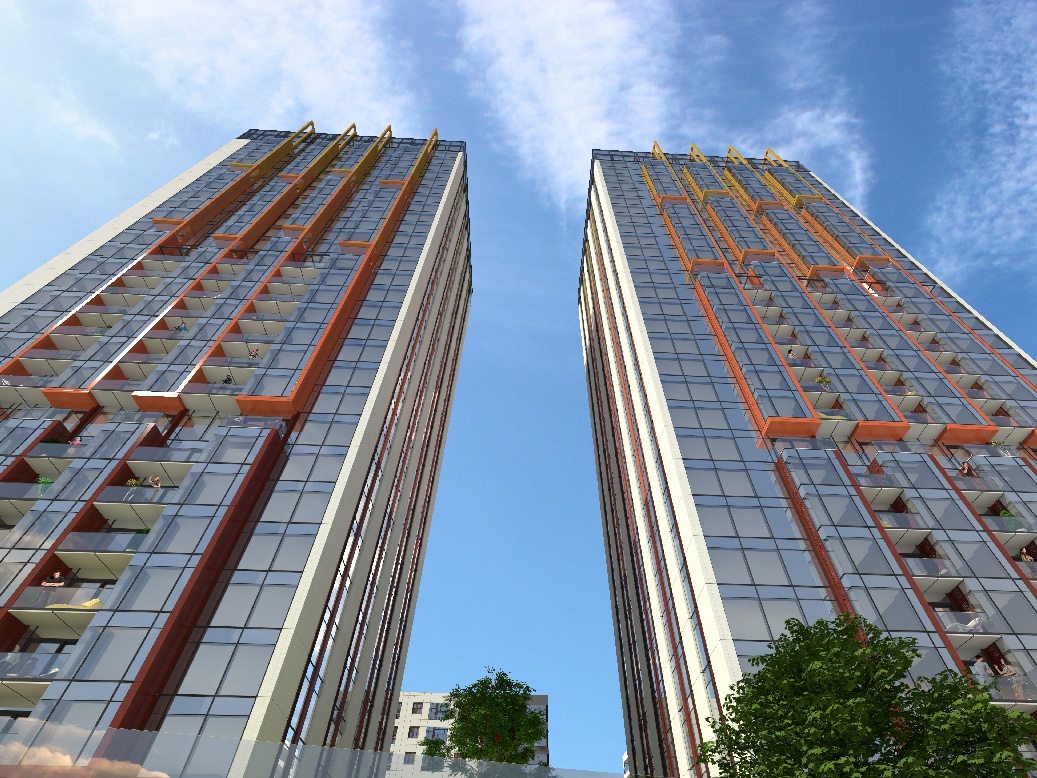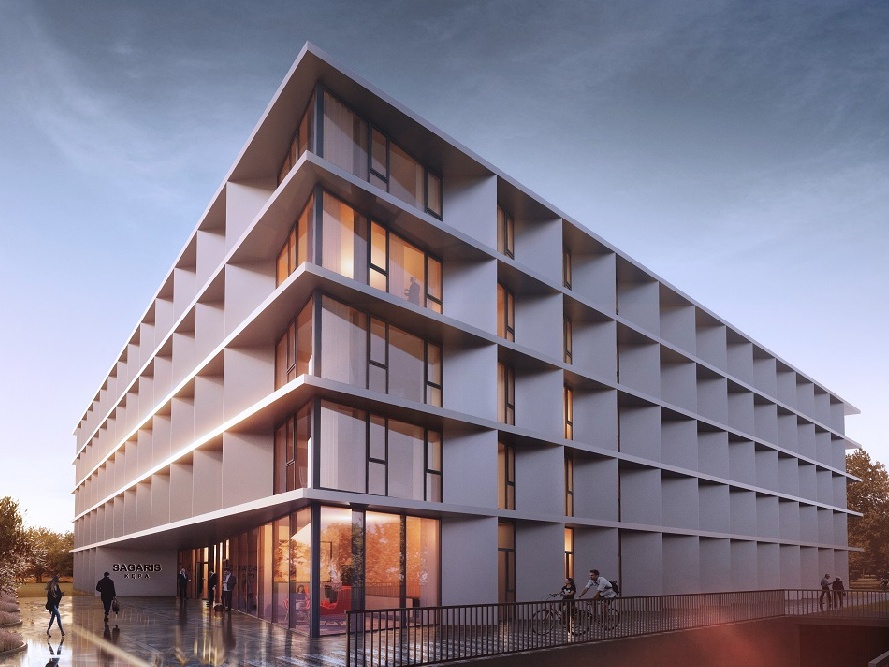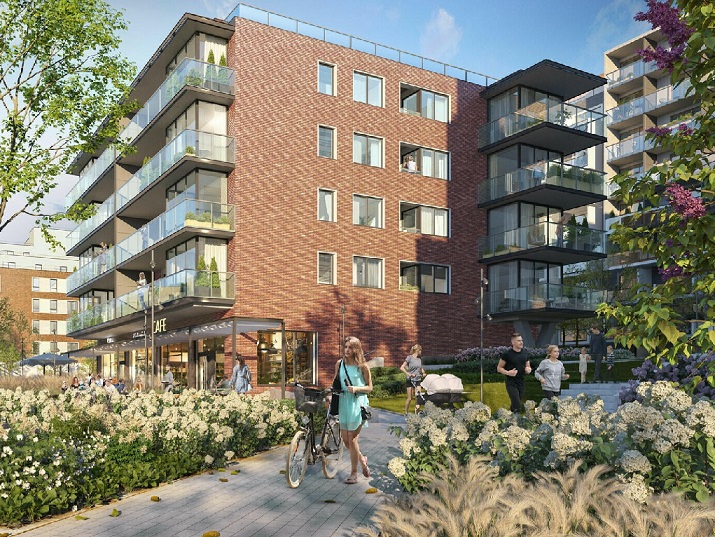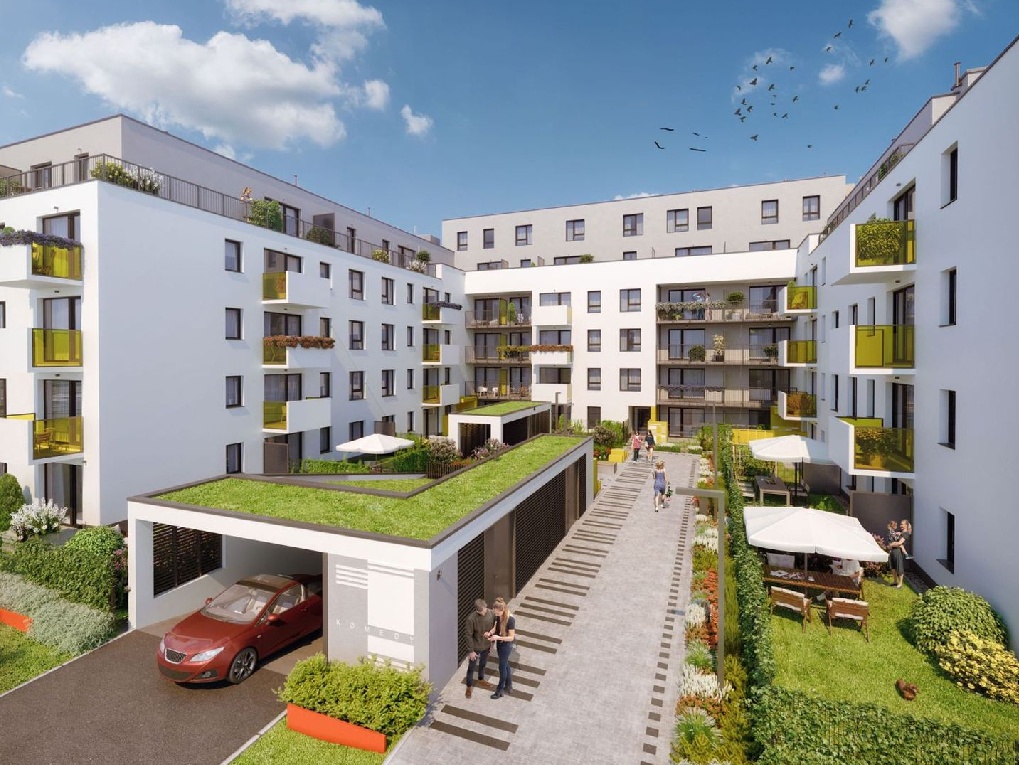PROPERTIES & RESIDENCE
Croatia
By Owning Real Estate
By Company Formation
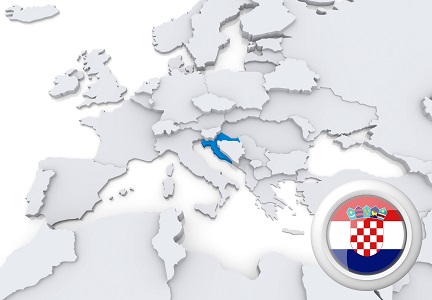
Advantages of obtaining a property in Croatia
Croatia's property market is well-established and has demonstrated a stable growth rate, complemented by a consistent influx of tourists for around five months per year. The country is set to become a part of the Eurozone in 2023 and has recently eliminated work permit quotas, making it an even more attractive destination for businesses and investors. With a stunning coastline stretching 1,777.3 km and 1,246 islands and islets encompassing a further 4,058 km, Croatia's Adriatic Sea offers a unique experience for visitors, including the opportunity to see dolphins and enjoy world-class diving. Given its appeal to European vacationers, many of whom hail from Germany, Austria, and Poland, Croatia is sure to remain a top choice for years to come.
Residence permits on the grounds of owning real estate
If you own a property in Croatia and complete the necessary paperwork for residence, you can stay in the country for up to 9 months per year. However, it's important to note that this type of residence permit does not lead to permanent residency or citizenship in Croatia.
Residence permits on the grounds of company formation
Non-EU nationals looking to incorporate a company in Croatia must fulfill certain requirements. They need to hire three EU citizens or Croatians, including themselves, on a full-time basis and invest 200,000 Kuna (approximately $30,000 USD) in startup capital. During the incorporation stage, the shareholder must physically relocate to Croatia and provide proof of a local address; otherwise, the court may reject the application. Additionally, paying state health insurance and relevant taxes is mandatory.
If the company's primary business is renting out apartments, it will be subject to a state tax of 10% and a locally determined Company Income Tax, which varies from place to place. For instance, the tax paid in Dubrovnik may differ from that paid in Split. The Capital Gains Tax is 25% if you sell your property within three years of acquiring it; after the three-year threshold period, it drops to 0%.
Officially, there are no retirement residence permits, but with the assistance of a competent lawyer, this type of residence can also be arranged. Obtaining permanent residency (after holding qualifying temporary residence types for five years) requires a language test, which foreigners generally do not find particularly challenging.
Other residence types in Croatia
There are several residence options available for non-EU nationals in Croatia. These include options for work, volunteering, student programs, property ownership, scientific research, and other purposes. A relatively new option is the digital nomad visa, which offers tax exemptions for individuals who work remotely for an overseas company.
Regardless of the option chosen, applicants may need to provide a range of documents, such as proof of a 12-month property lease, evidence of wealth in their bank accounts, criminal records, and a clear explanation of the purpose of their stay. All documents must be translated and apostilled before being submitted to the local police station.
It's worth noting that although there is no official retirement visa in Croatia, a skilled lawyer can potentially help retirees to obtain residency through other means. Additionally, those who hold a qualifying temporary residence permit for 5 years can apply for permanent residency, which requires passing a language test that is not considered particularly challenging by most foreigners.
Which residence permits offer a path to permanent residency and citizenship?
If you are a non-EU national, there are two main ways to obtain citizenship in Croatia: being hired by a Croatian company with a proper labor contract or becoming an entrepreneur and forming a local company. Additionally, it's worth noting that marrying a Croatian citizen can also lead to citizenship. However, keep in mind that these options may take several years to complete and may require meeting certain requirements and passing various tests.
Restrictions & Challenges
Individuals from certain countries may face restrictions on buying properties in Croatia. To rent out an apartment, setting up a company is necessary, which is subject to a state tax of 10% and locally determined Company Income Tax that varies from place to place (tax rates in Dubrovnik may differ from those in Pula). Capital Gains Tax is 25% if the property is sold within 3 years of acquisition, but it is 0% after the 3-year threshold period. Officially, there are no retirement residence permits in Croatia, but a skilled lawyer may be able to assist in obtaining this type of residence. To obtain permanent residency (after holding qualifying temporary residence types for 5 years), a language test must be taken, which foreigners do not consider particularly difficult.
Croatia
Business-oriented environment, an efficient, innovative, highly qualified and multilingual workforce, cost competitiveness, an exceptionally favourable geostrategic position, attractive incentives as well as professional and free services provided to investors are just some of the reasons to invest in Croatia.
Current OpportunitiesGrowth And Business Advantages
Croatia's tourism industry, which contributed to 25.1% of the country's economy in 2019, experienced a significant setback due to the COVID-19 pandemic. While the summer season of 2021 showed promising signs of recovery, the overall tourism numbers for the year were still substantially lower than 2019. In particular, Dubrovnik suffered from a significant drop in tourist numbers and has now shifted its focus to address over-tourism, local habitability, and sustainable tourism measures.
In 2019, Croatia achieved a record high in tourist visits and spending, with 19.6 million tourist arrivals and 91.24 million tourist nights. However, the pandemic caused a 64.2% drop in tourist arrivals and a 55.3% drop in tourist nights in 2020, with only 7.0 million arrivals and 40.8 million tourist nights.
Despite a slow reduction in COVID-19 cases and a rapid vaccine rollout, travel restrictions and safe capacity limits still exist. As of September 2021, there were only 9.0 million tourist arrivals and 55.3 million tourist nights realized, which is still significantly lower than 2019.
Nevertheless, Croatia is a modern economy that can quickly adapt to challenges and is popular among foreign investors due to its ease of doing business, excellent investment incentives, well-prepared institutional infrastructure, competitive workforce, and quality of life. Many foreign companies, including multinational corporations like IBM, Microsoft, Oracle, Coca-Cola, Teva, Siemens, and Ericsson, have recognized Croatia's advantages. Moreover, the government provides strong institutional support for sustainable development and new technologies, making it a desirable destination for foreign investors.
Foreign investors can establish companies in Croatia and acquire property without any restrictions, provided they satisfy the condition of reciprocity. Additionally, foreign investors are guaranteed free transfer and repatriation of profits and invested capital, and they have the same rights and obligations as domestic investors. However, non-EU citizens and legal entities face restrictions when acquiring ownership of certain types of real estate in Croatia.
Real Estate Trends
If you're considering buying real estate in Croatia, it's better not to wait. With Croatia adopting euro, we expect a significant appreciation against minor currencies such as the Polish zloty and the euro. This will not only make holidays in this popular destination relatively more expensive, but also real estate," says David Katrenčík, Marketing Manager and Real Estate Broker at Rellox.
He adds, "For example, during Slovakia's transition to the euro between 2005-2009, their currency strengthened against the euro by more than 20 percent. Therefore, investors should not hesitate to buy relatively cheap real estate in Croatia now."
So, how much do you need to buy a property on the Adriatic Sea? "The prices of real estate vary depending on the location, type, area, and services offered. However, the vast majority of properties in our offer are in the range of 2,000 to 5,000 euro/m2," explains David Katrenčík.
-
-
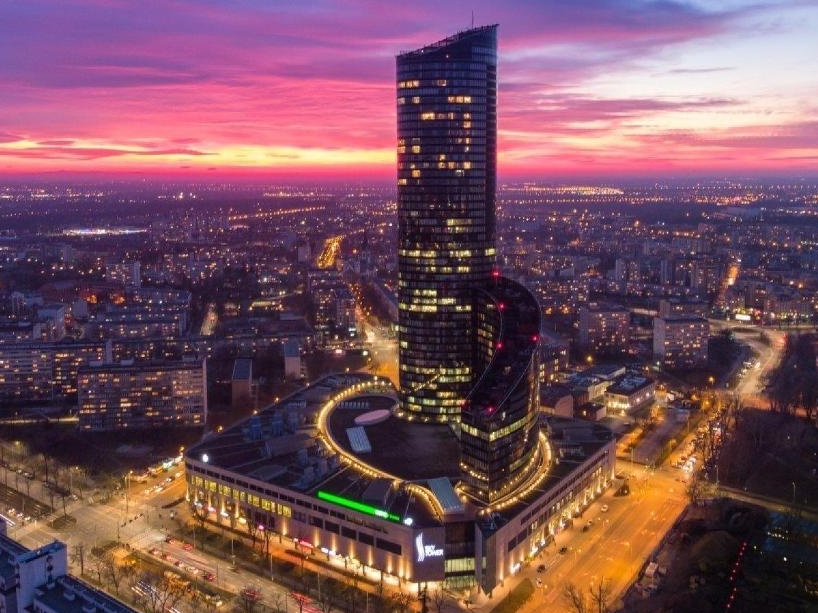
Poland > Wroclaw — Sky Tower 48F
Wroclaw
Poland > Warsaw — Moxo House
Warsaw
Poland > Giant Mountains — Passive Income on Rental
Szklarska Poreba